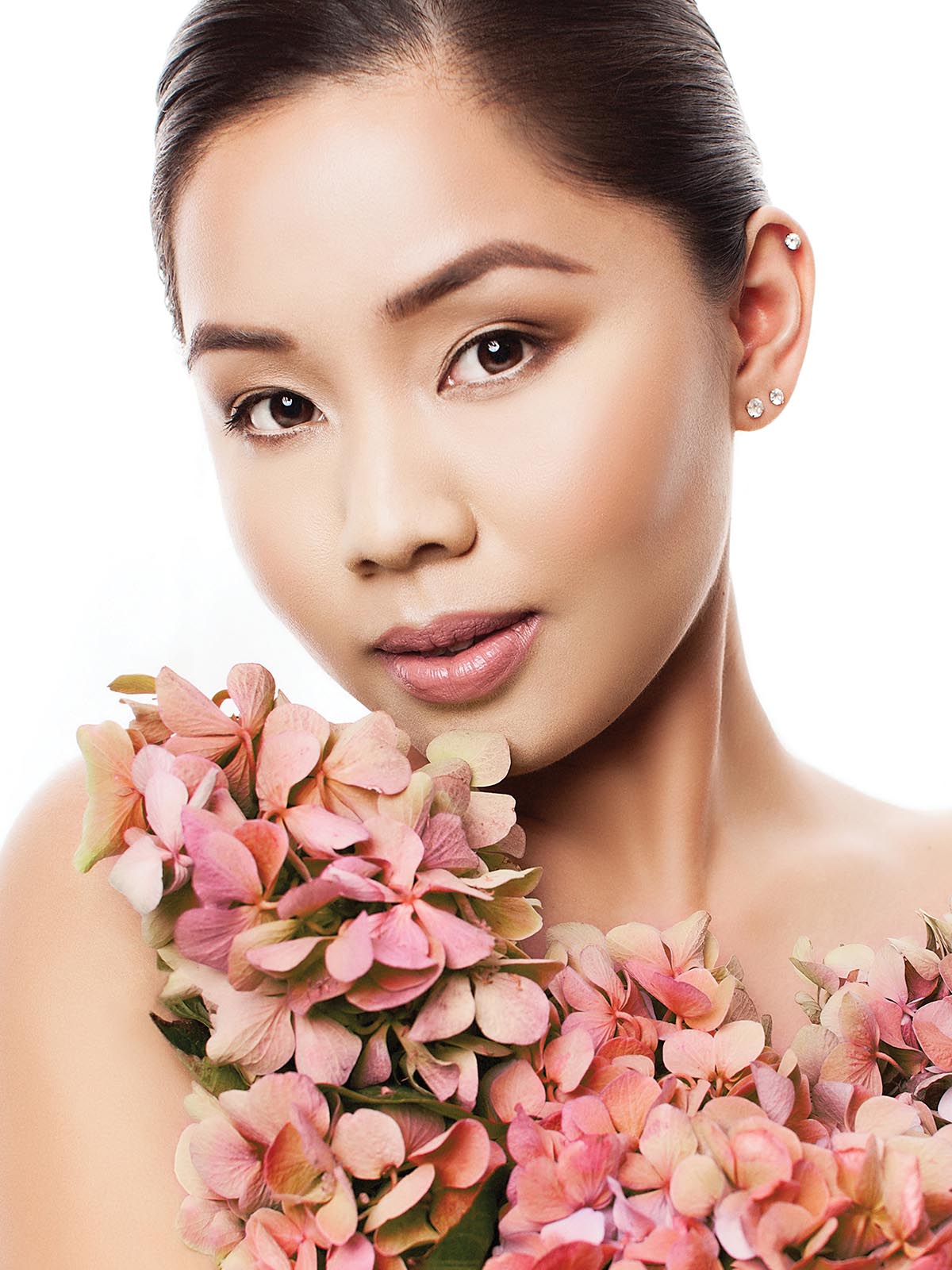
The life of plants is both mysterious and intoxicating to humans. Some varieties take off quickly from seed, maturing into lush, showy specimens seemingly overnight. And then there are those that feign inactivity, remaining dormant cycle after cycle until they suddenly burst forth with breathtaking splendor. Mayumi Acosta’s development as a portrait photographer is akin to the latter, erupting into full bloom after years of quiet patience.
As a child in Colombia, Acosta’s artistic endeavors were praised as hobbies but never encouraged as a field of serious study or a possible career. Viable opportunities for her as an artist in Colombia were limited. The safest road to prosperity was through academia. Acosta dutifully pursued the study of agriculture, focusing on the science and research of how things grow. After receiving her undergrad degree, she moved to Canada for graduate studies in plant genetics and breeding. She eventually landed a job in California researching the effects of drought on crops before rejoining the world of academia at the University of California, Davis.
At some point along the way, the artist seed within her germinated. Acosta began photographing the plants and landscapes she encountered in her day-to-day forays into the field and on her travels. She put together albums of botanical portraits and landscapes, excited by this deeper way to connect with her scientific work.
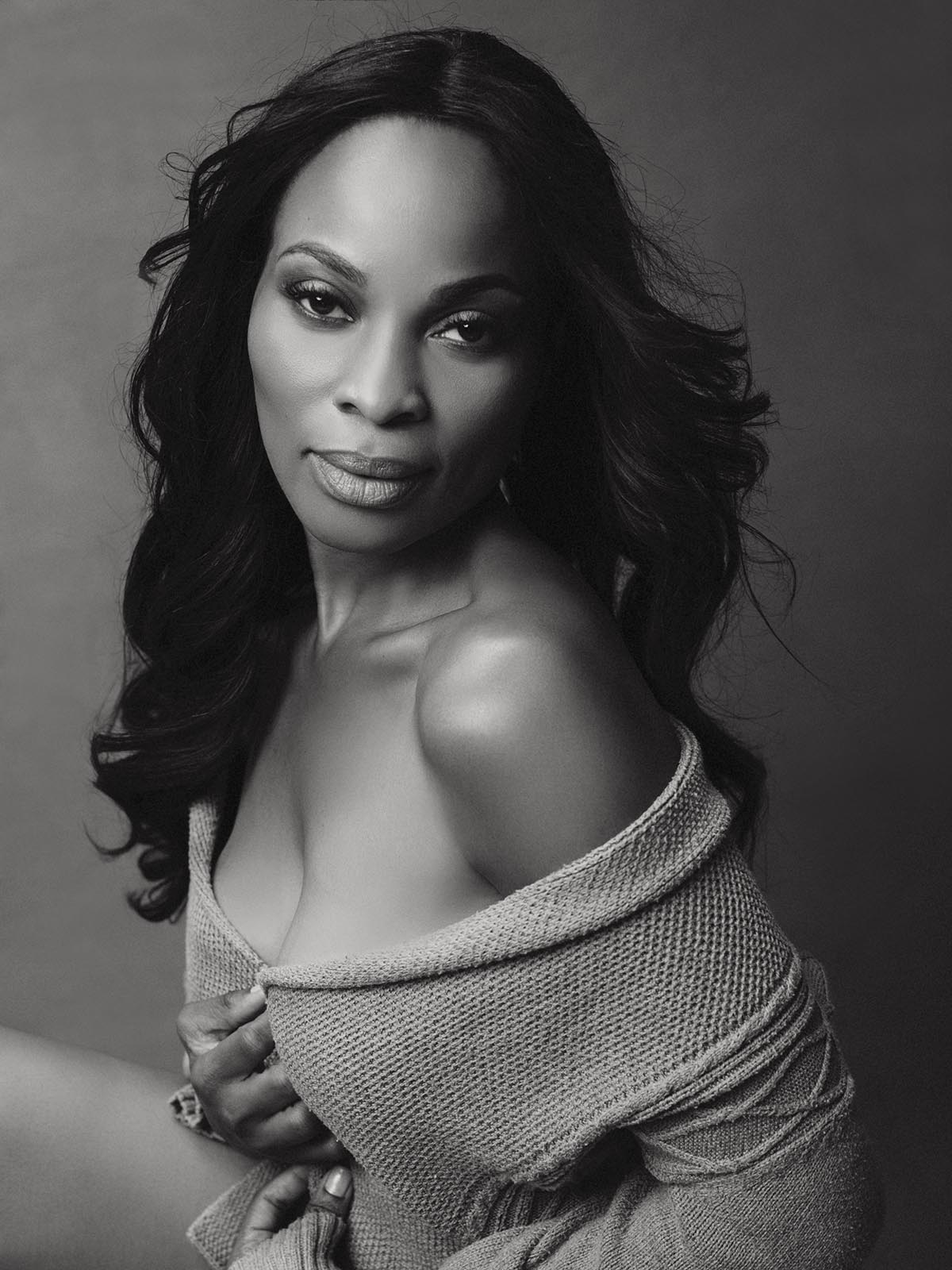
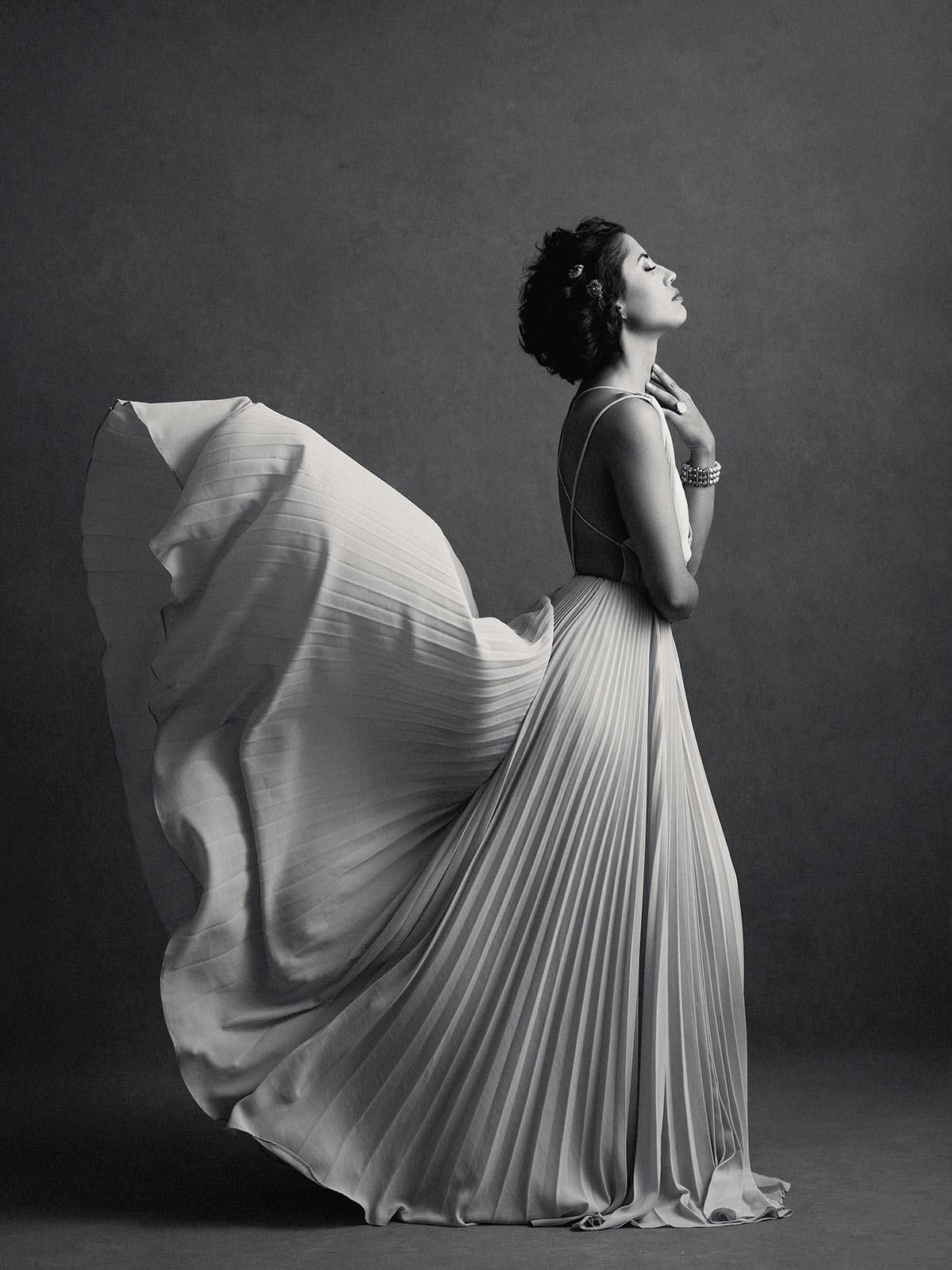
“I was very passionate about it,” she says. But the real catalyst came during a trip home to Colombia, where she reconnected with a friend who was going through a divorce and struggling with mild depression. Acosta suggested they spend a day outdoors with her camera, hoping to lift her friend’s spirits with a change of scenery. She wanted to create tangible evidence that her friend was so much more than her current emotional state.
“When she saw the photos, she was amazed,” says Acosta, who was equally stunned at the effect her portraits had on her friend. “She had been in such a bad place, and this experience made her feel so much better. It reshaped her emotionally, and for me, that power felt really special.”
Acosta left the world of science to pursue photography in Sacramento, California. Today, after nearly a decade as a portrait, headshot, and personal branding photographer, she still thinks of that moment as revelatory. Everything clicked into place when she realized the transformative power a single portrait could have on its subject.
“I still love science and plants, of course,” she says. “It’s like a forest in my house. But my love of photography is bigger. Every person has a beautiful way of being, of showing themselves. I offer my clients a different perspective of who they are.”
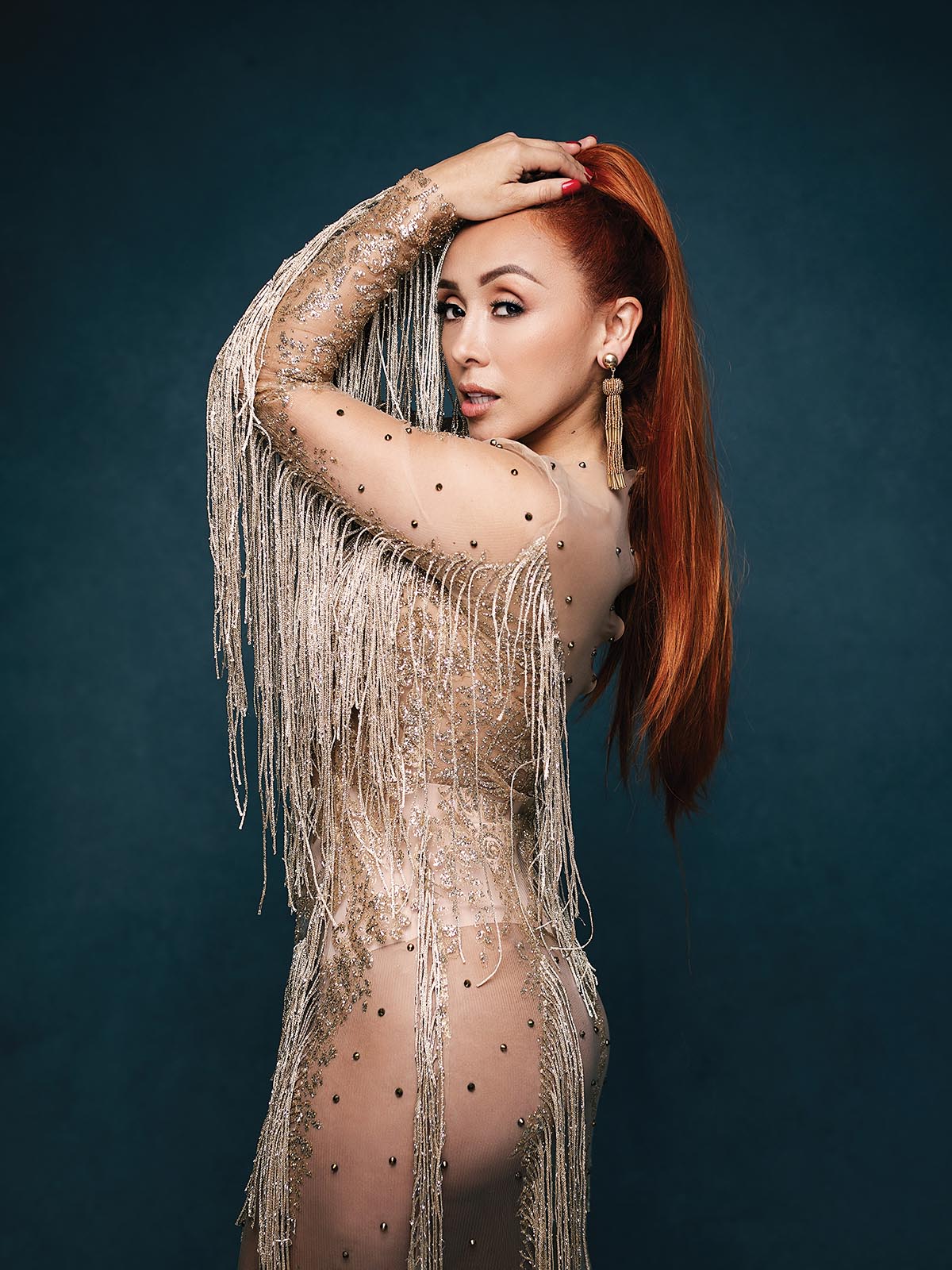
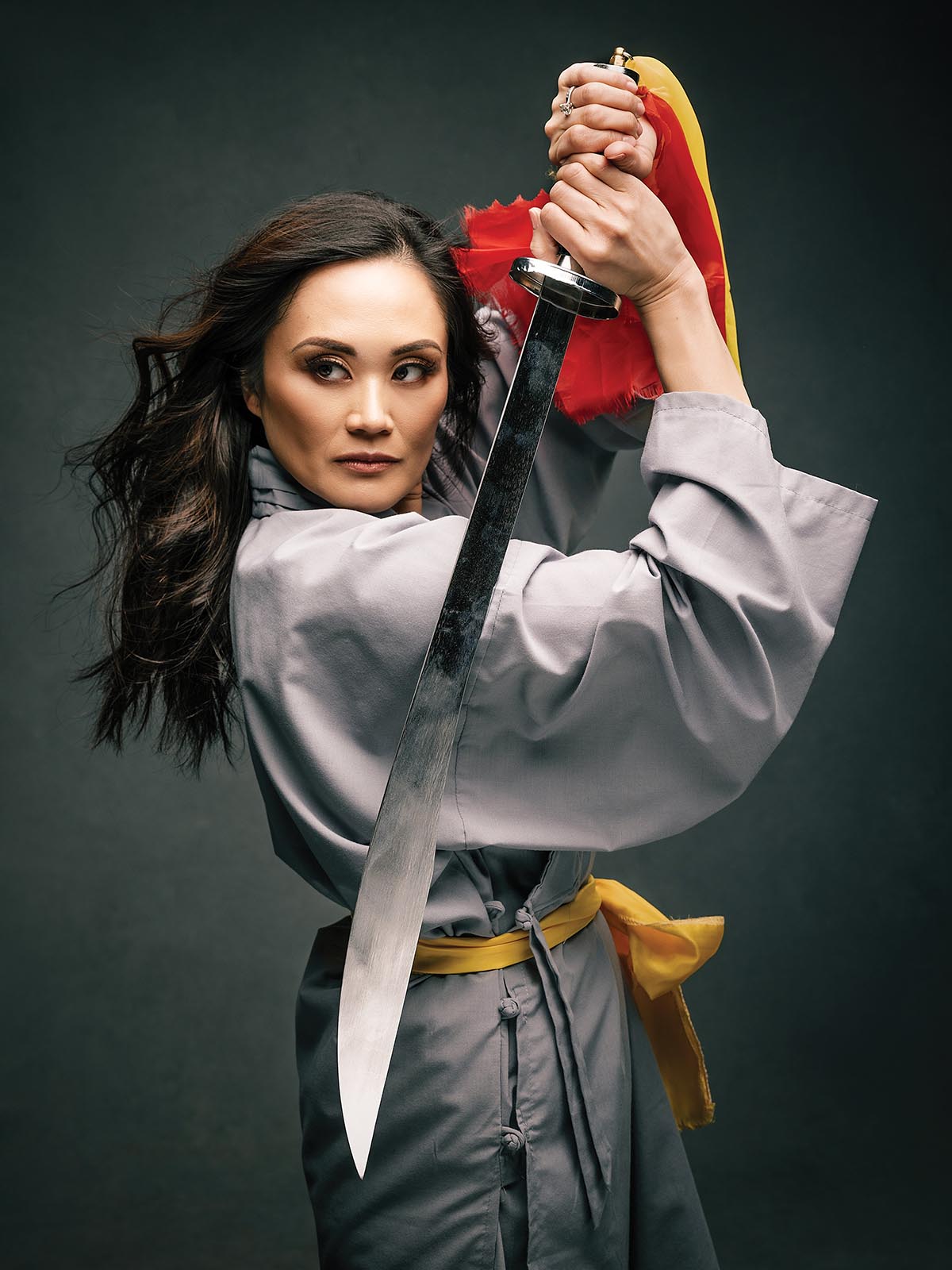
FALLING IN LOVE WITH THEMSELVES
Acosta thrives on working with women, showing them how fascinating, beautiful, and intricate they are. When she started, selfies were beginning to take over social media. What irked her about the trend was the mundane ubiquity of the same facial expression; the “selfie face” felt so inauthentic. People were trying to fit into a mold instead of celebrating their uniqueness. She wanted to break that pervasive sense of compulsory conformity.
“I wanted to provide women with a different perspective of who they are,” says Acosta. “There are so many shades and aspects of who you are, and that’s what I like to capture in a woman—those moments of quiet intimacy or laughter and just being free, or even sadness.” Acosta helps clients fall in love with themselves, dropping inaccurate self-images and seeing what their friends and loved ones perceive. She is a firm believer in the power of personal connection.
“One of the most important parts of being a photographer is having that intention, of being fully aware of why you are photographing,” says Acosta. “For me, I have to feel like I know the person. I can’t photograph someone I haven’t connected with. That connection is when the magic happens.”
Acosta’s in-person consultations are where she begins that process. She asks for clients’ social media profiles if they have them and combs through their posts to get an idea of who they are and what’s important to them. On the day of the session, Acosta builds in 10 to 15 minutes before the makeup artist arrives for easy conversation. It may seem happenstance to her clients, but those few minutes are purpose-driven to deepen the rapport. Many of her clients have never had their portrait made professionally, either because they’ve been focused on their children and family or because it feels like an undeserved luxury.
“For my subjects, it makes them feel very vulnerable to have someone with all of this equipment focused on them, almost like I can steal their soul or know their secrets,” says Acosta. “I feel this and know this, so I try to make myself vulnerable as well. I tell them I have a big responsibility to give them the best moment I can, so I put myself in that same state of vulnerability.”
Building that connection and putting herself on her subject’s level enables Acosta to break down walls. Her clients are at ease and comfortable, free to exist in the space she’s built for them in whatever way feels most natural. She demonstrates how to move and position themselves for photos, asking them to mirror her actions.
A PORTRAIT IS A STORY
Acosta has a home studio with separate rooms for makeup, hair, sales consultations, and photography. Counterintuitively, the room she uses as her studio is windowless. The lack of natural light might seem like a limitation, but Acosta saw it as an opportunity to master strobes and flash to create the mood and depth she desires. This dark, intimate space is helpful in other ways, as well.
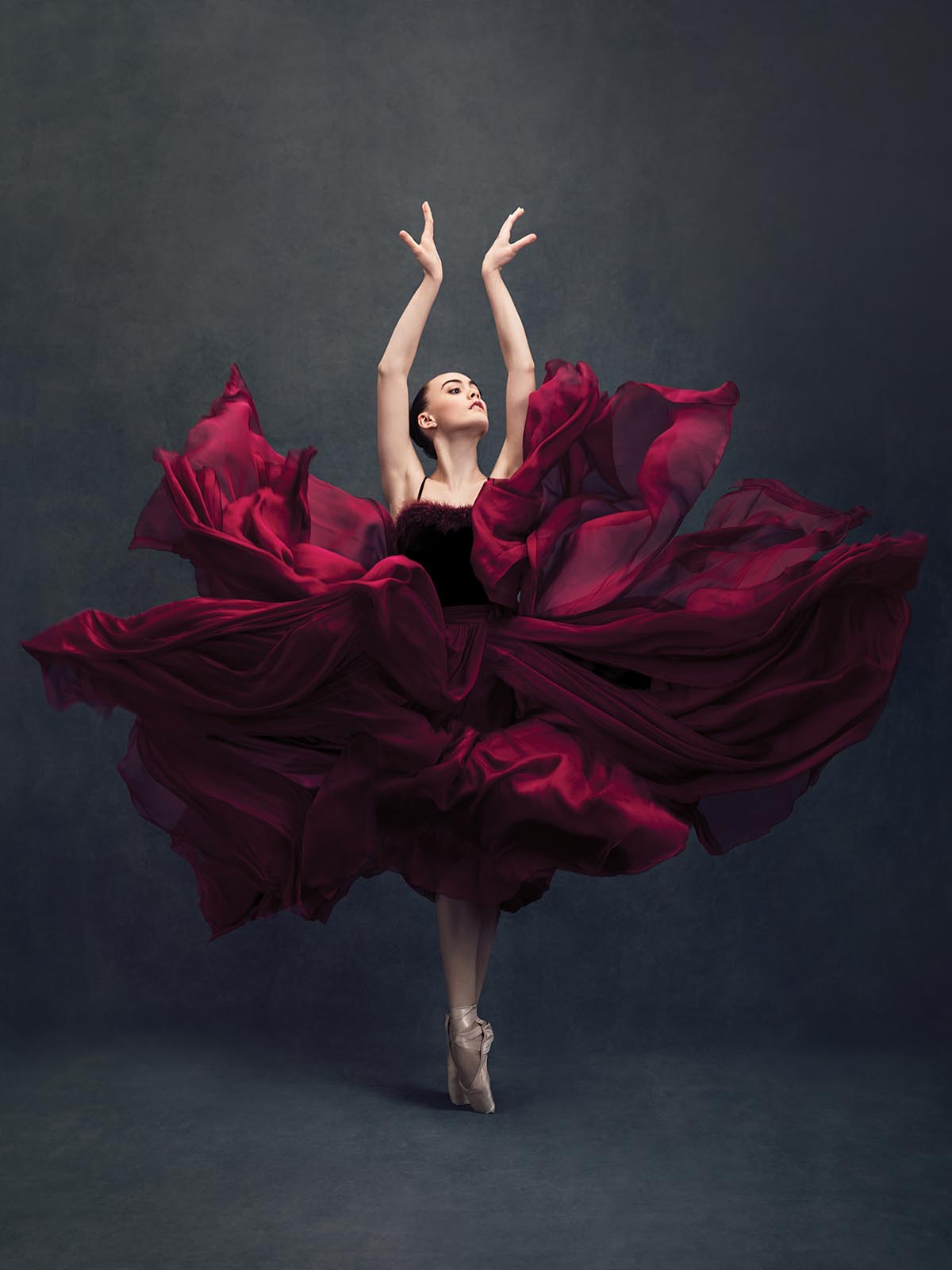
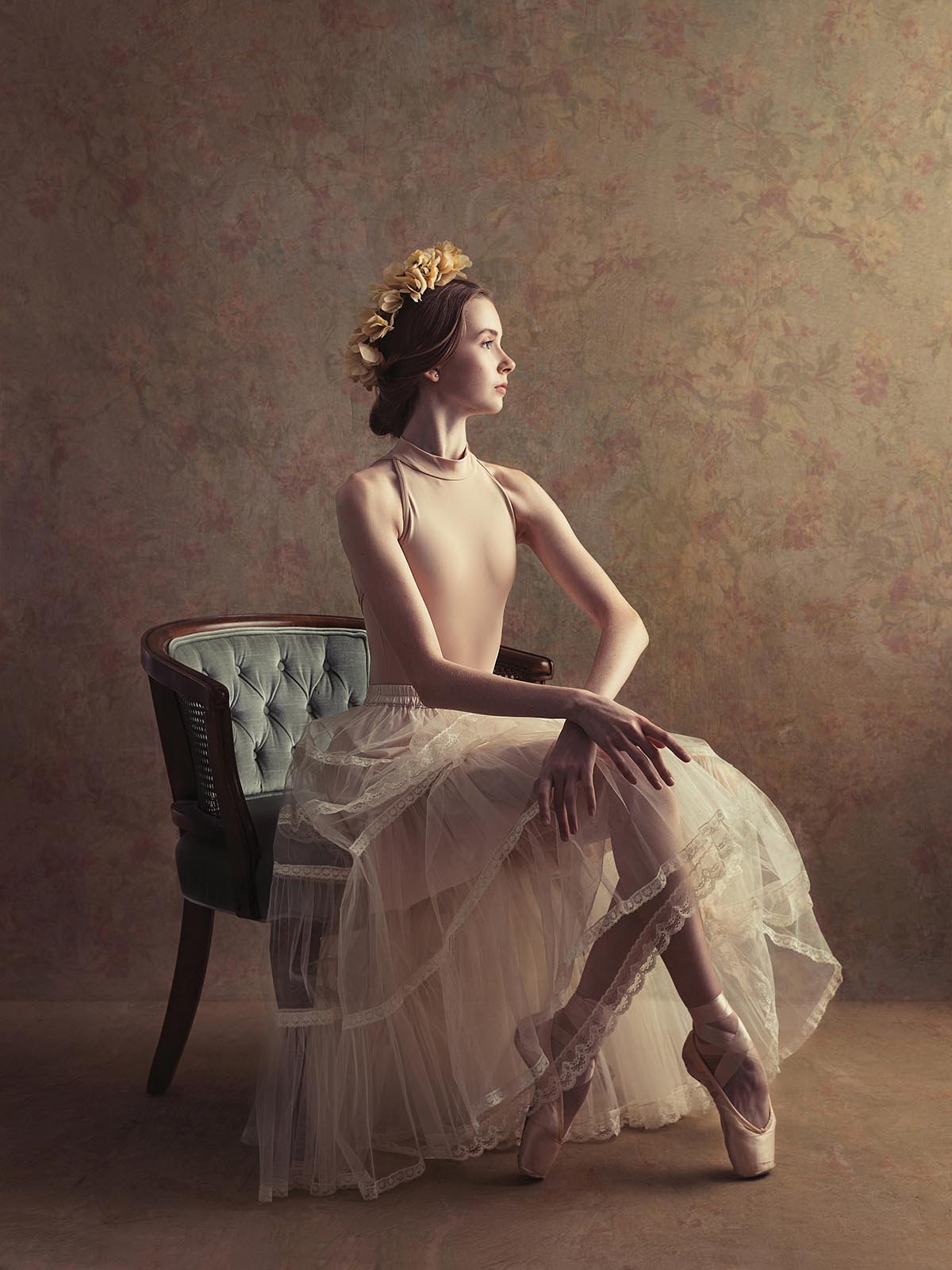
“It helps the women I’m photographing because they feel safe,” she explains. “There aren’t people walking by or that general feeling of openness that can be scary. The limitations of this dark, confined room are really what have helped me achieve the type of work I’ve been doing all these years. It’s helped define my style.”
During COVID-19 lockdowns, Acosta took her style a little further by participating in a 40 over 40 campaign, which prevented her creative spirit from atrophying as booked sessions were slowed down. She posted before-and-after images from previous sessions on her social media feeds, said she was looking for mature women to photograph, and quickly found willing subjects. The experience was even more eye-opening than she anticipated.
“I was so surprised by how strongly mature women wanted to be seen and heard and to have a platform,” she says. “I was able to give them a voice so their stories could influence all generations. It was really empowering.”
Acosta interviewed each subject she photographed and included their stories in her blog posts and social media outreach about the project. It started as a one-off project, but she had so much interest that she did it for a second year and is now contemplating a third. The project takes her portraiture to the next level, blending story with imagery, which is what she wants in her work.
“A good portrait is not about the perfect light, outfit, or glamour,” she says. “Instead, when a photograph is saying something, teaching you something, capturing the story behind the woman, that’s a portrait. That’s how I want to photograph someone.”
Stephanie Boozer is a writer in Charleston, South Carolina.

 View Gallery
View Gallery


